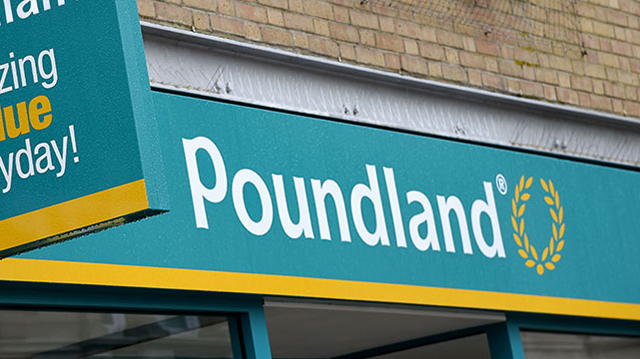Last year saw more major corporates than ever coming to market looking for advice on their global real estate portfolios.
CBRE – the largest player in the market – said it received 75 requests for providers from major corporates in 2012, up from 60 in 2011.
The names of companies coming to market read like a who’s who of the corporate world: BP, Barclays, Ford, HSBC, Microsoft, Nestlé, Nokia, Siemens, Procter & Gamble, Pfizer and Unilever, to name a few.
But it wasn’t just the volume of corporates looking for advice that was up, it was their size.
Most recently, Jones Lang LaSalle won an £800m contract with HSBC, taking sole responsibility for its facilities management across a 73m sq ft portfolio.
“The definite trend has been the up-tick in the number of corporates coming to market and the value of those contracts,” says Michael Creamer, Cushman & Wakefield’s EMEA head of corporate occupier and investor services.
That growth has come from an unrelenting pressure on corporates over the past four years to cut costs as they scramble to adjust to the economic realities the global downturn has brought with it.
“A lot of clients that historically outsource are under pressure,” says Peter Hulme, DTZ’s head of corporate real estate management for the UK, “and we see that as a huge opportunity and certainly one of the major focuses for product development and growth.”
In response to this, the major agents have set themselves ambitious growth targets for their global corporate services divisions.
At JLL, for example, corporate clients already account for 70% of turnover but it has plans to double this by 2020.
So, where will this growth come from?
Conservative estimates put the value of the European corporate property outsourcing market at £20bn.
The North American market is the most mature but, even there, just 30% of the major corporates outsource their property services, according to CBRE.
Some activity this year will of course come from contracts with big-name firms coming to an end – the likes of Apple, BT, Commerzbank, Credit Suisse, Citi, GE, Hewlett Packard, Johnson & Johnson, Santander, Société Générale, UBS and Vodafone.
And, says CBRE’s head of EMEA client solutions Andrew Hallissey, the continuing pressure on the financial services sector to cut costs will see more business come from them.
“While a lot of the global banks have gone through pretty significant real estate transformation programmes over recent years, there is still intense pressure on them to rationalise their overall cost base, so we will continue to see opportunity and activity,” he says.
The technology sector will also provide opportunities as mature players like IBM and HP look for further consolidation, Apple considers a re-tender and Google, Amazon and Facebook continue to expand.
New business could come from the pharmaceutical and life sciences sector, says Hallissey, as peer pressure forces competitors to follow each other’s lead.
Hallissey says: “Several of the major players in that sector already have fairly sophisticated real estate protocols, but of the top 10 to 12 players, half are still operating in a very localised way and haven’t gone through that centralisation process, so it would be an expectation that they will continue to be active as they mature their real estate.”
Indeed, centralisation is set to be a key theme in the global corporate services sector going forward.
JLL international director Shelley Frost reckons much of the work up for grabs in 2013 will be “bundled” by the major corporates, which will offer large packages of work across geographies and services to just one or two providers.
This trend could have major implications for the shape of the market and the companies vying to win these contracts.
CBRE and JLL are currently the only truly viable companies for an integrated approach to corporate real estate for global clients. But even they have gaps and observers expect both to make bolt-on acquisitions.
JLL is expected to look to strengthen its teams in Africa, extending coverage from the north of the continent in the sub-Saharan region, an area it considers undersupplied and increasingly important.
CBRE is likely to continue to search for bolt-ons to help strengthen its FM provision and its geographical coverage in smaller Latin American markets.
But could there be an even bigger play on the market?
C&W and DTZ are both also large players in the global corporate services division, picking up contracts with Ford and Royal Mail over the past year.
C&W has strength in the US and DTZ in Europe, Asia and Australasia. Neither, however, is able to compete on a truly global scale like JLL and CBRE.
But with C&W forming such a small part of the empire of its Italian owner, the Agnelli family, and DTZ now having the clout of Australian services giant UGL behind it, could consolidation be on the cards?
Some in the industry moot that a DTZ/C&W merger – long talked about in the bars of Mayfair – could create a true global competitor for CBRE and JLL.
Whatever happens in the corporate outsourcing sector this year, with more than half of the market still untapped, 2013 looks set to be a battle between the biggest firms to take the greatest slice of the work.
jack.sidders@estatesgazette.com











